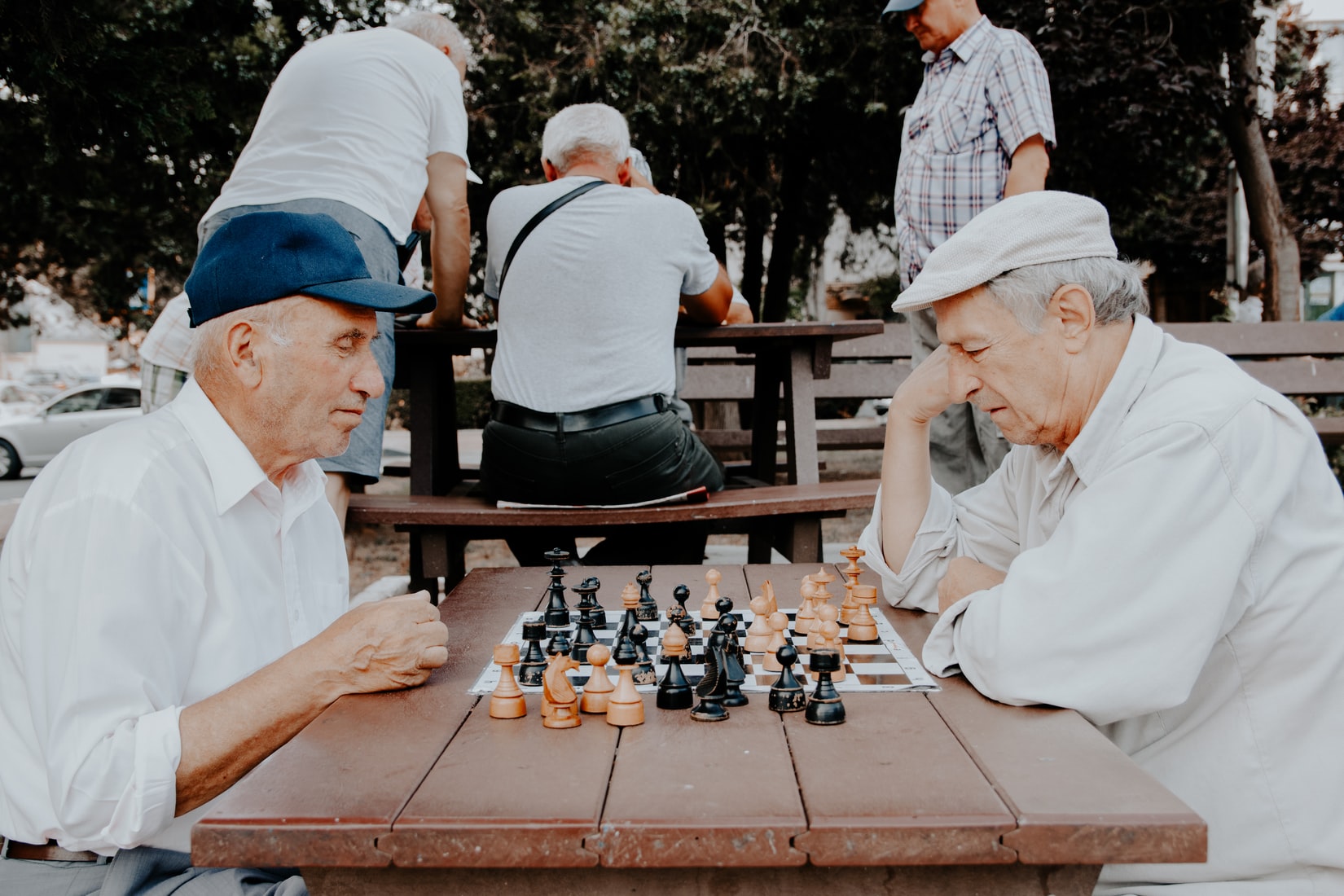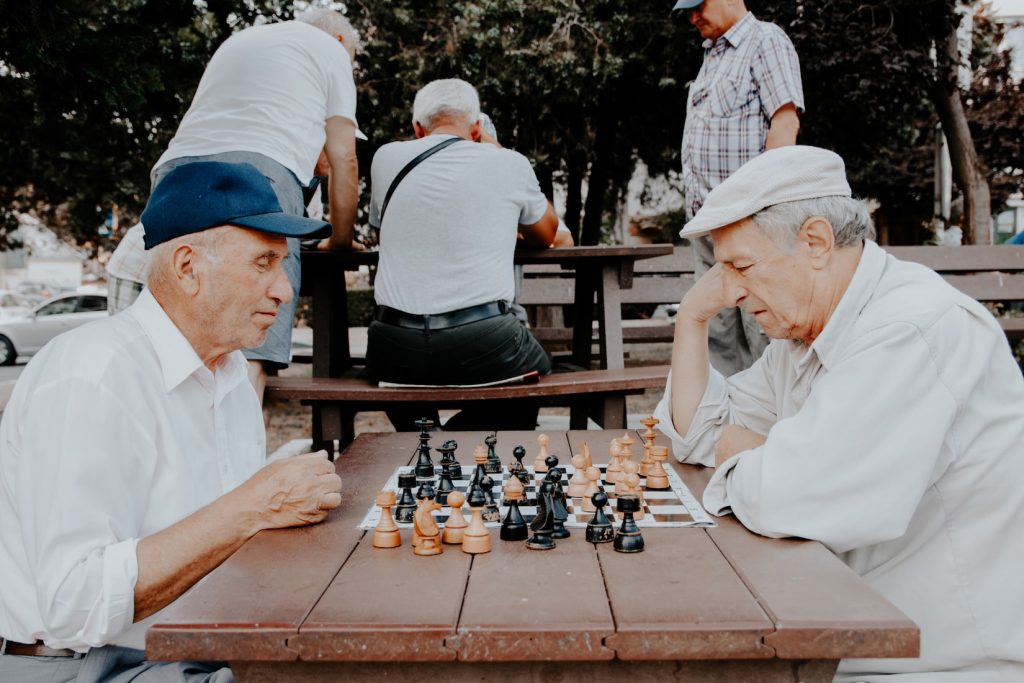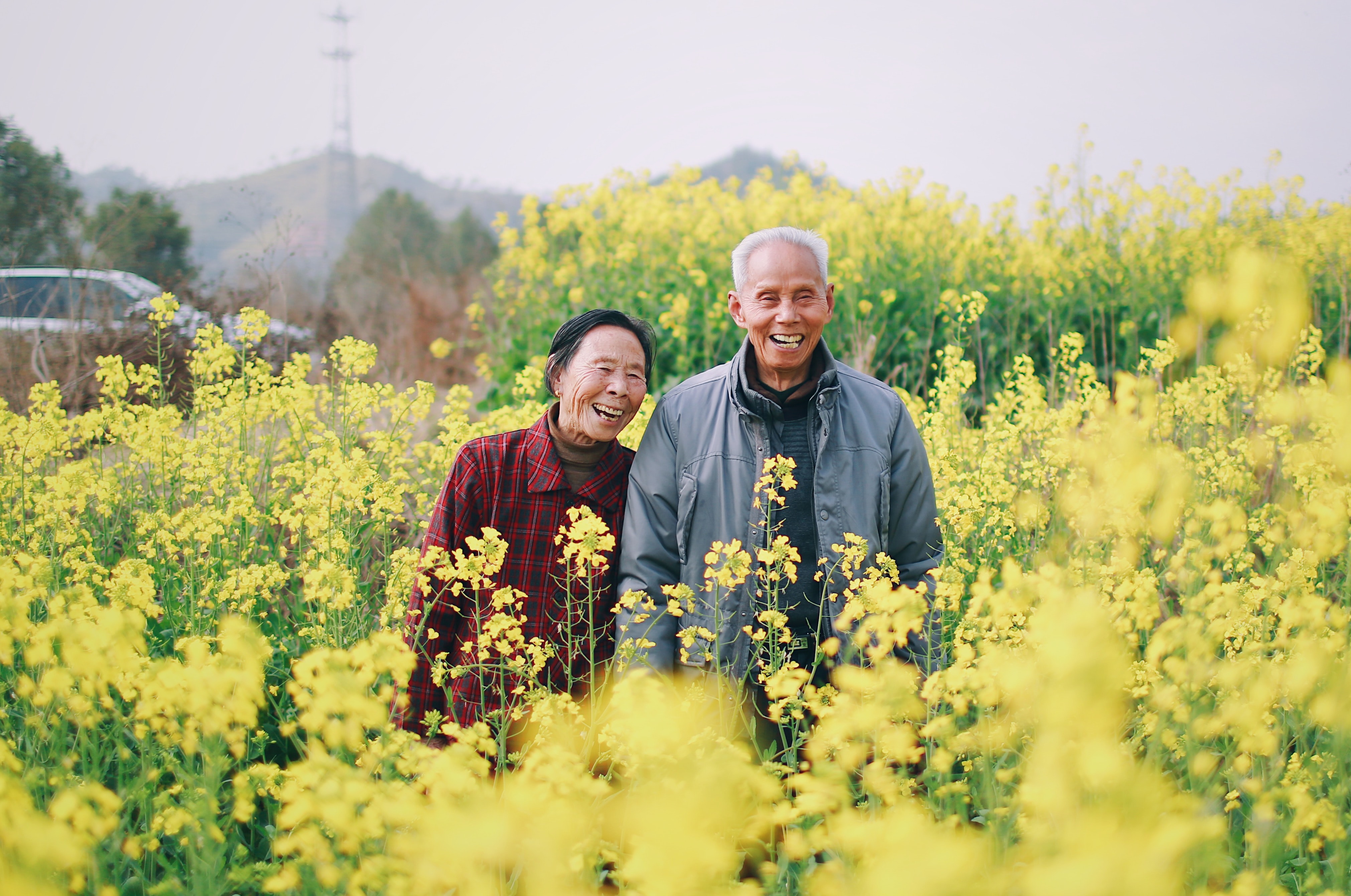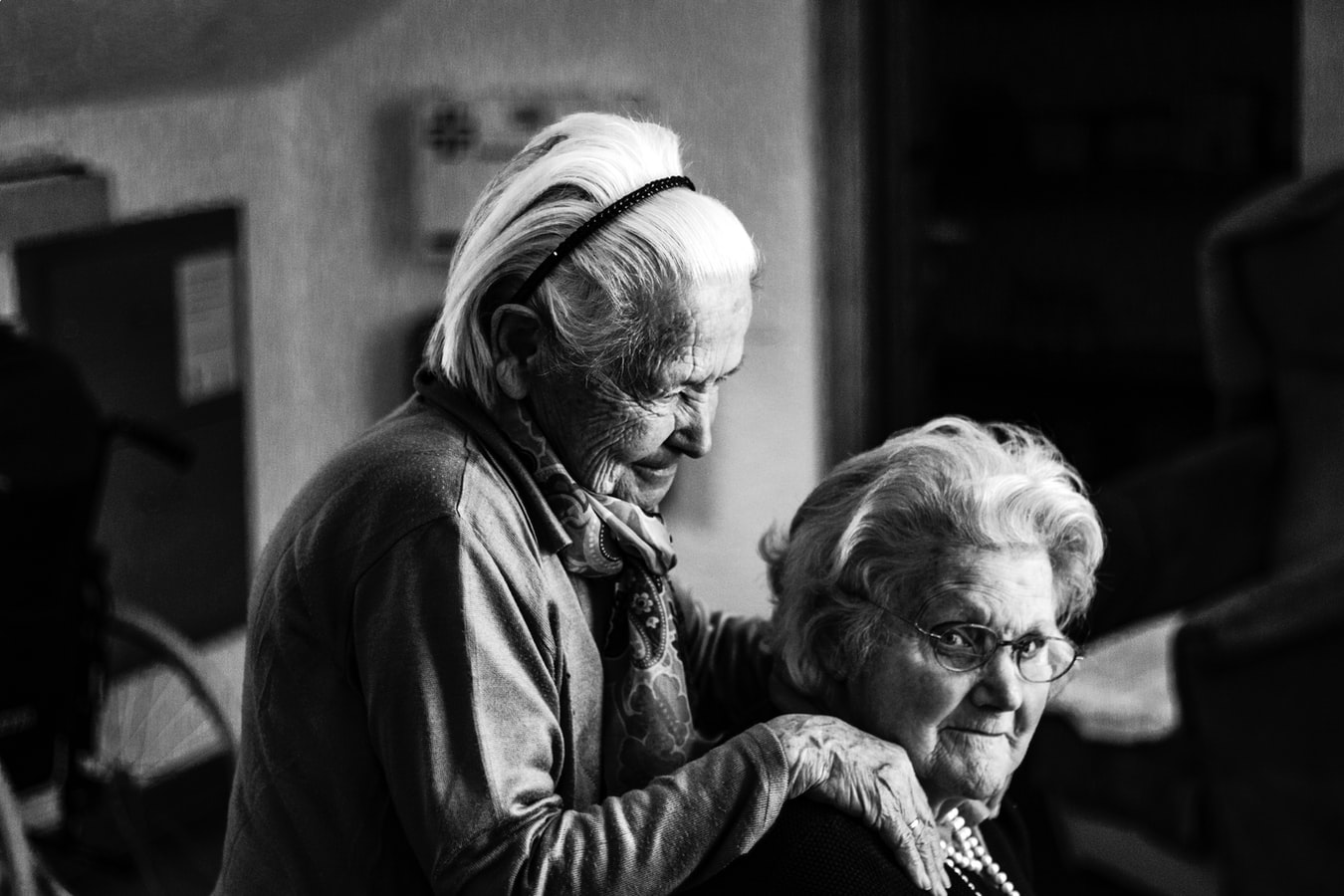
Dementia: Tips for Caregivers.
By Shanaïs Jacaman Published August 23rd, 2021
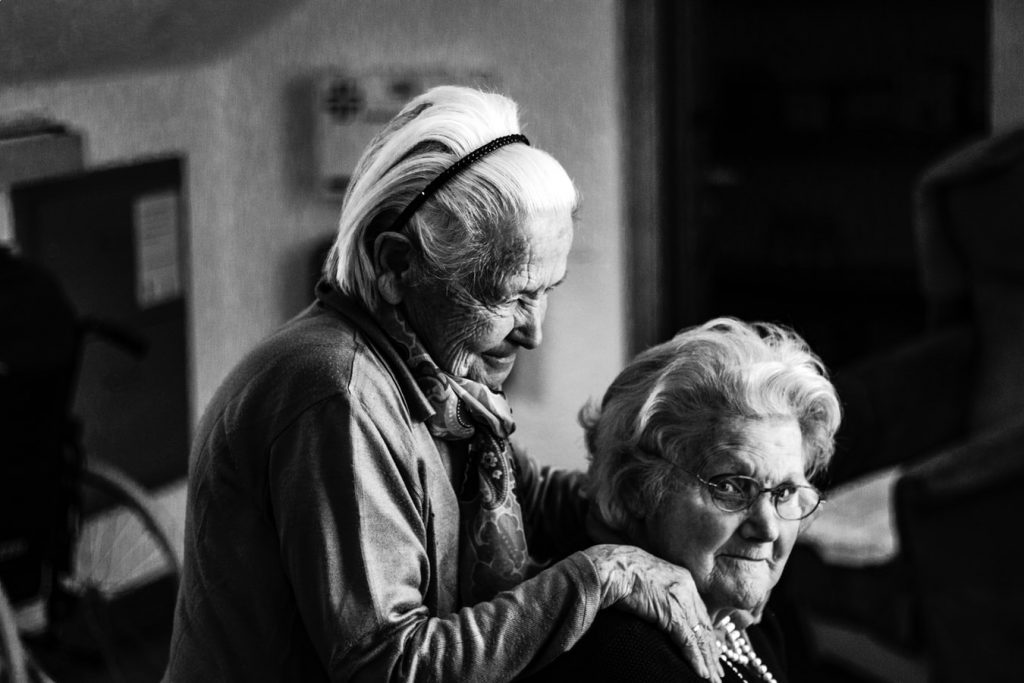
It is said that being able to communicate effectively is one of the most important of all human skills. Well it specially comes in handy when it comes to dealing with our loved ones affected by dementia. Since dementia gradually affects the way a person communicates, it is important to understand how to adjust our communication skills accordingly.
Caregiving for people affected by dementia can be physically and emotionally exhausting. Thankfully there are tools and tips that will — if you apply them — make it much easier for you to overcome this challenge. Grab a pen and a paper because we carefully curated for you the 7 most important and helpful tips when it comes to managing typical dementia behaviours in the elderly.
Stay supportive and Kind.
Anger is disguised Fear. When facing aggressive or combative behaviour we often forget that it stems out of fear. When people with dementia feel helpless and frightened they will express this emotion by protecting themselves — hence the aggressive behaviour. In this scenario you must try to stay light and gentle while removing your loved one from overwhelming surroundings. Getting angry, yelling or even restraining your distressed elderly will only accentuate their anxiety.
Communicate with simple, direct language.
A question that might seem very simple for you can be overly complicated for someone who suffers from dementia. Try using a sentence structure that will allow them to answer with a yes or no. Use available items such as pictures, that will help them understand what you are trying to say. It can also be difficult for them to remember things. We suggest using user-friendly tools such as to-do lists to help keep them as independent as possible.
Simplify tasks.
When a task comes up and your elderly is overwhelmed by it or makes poor decisions related to it, listen carefully & offer subtle help. You don’t want them to think you are pointing fingers or make them feel alienated. Working together will help them keep their pride and keep a minimum sense of accomplishment. Every task can be broken down into smaller steps, and you have the ability to change your tone by making them think the credit was all theirs.
Set boundaries.
You can be Mother Theresa or even the pope, you still need to set boundaries. Why? When boundaries are crossed you are putting yourself at risk by giving too much power away. You can’t help other people without helping yourself first and making sure that your bubble is respected. If you feel angry try to take a walk and let your emotions cool down before you get back to the person you are communicating with. The best way to handle manipulation is to verbalize clearly what your limits are and make sure they are not crossed.
Don’t hold dementia behaviours against your loved ones.
No matter what past events you’ve experienced in the past with dementia patients, never hold their illness against them. A great way to do that is by dissociating them with their illness. Refrain from using accusatory language when communicating with them — telling them they are liars won’t make the situation better. Whenever something dreadful happens, know that it is dementia, not them.
Consider non-verbal forms of communication.
Spoken conversations are not always the optimal choice when it comes to expressing ourselves. Body language should also match the emotion we are trying to convey. Furthermore, writing a letter or an email may help your loved one understand your message better since it allows them to process the information with no pressure.
Active listening.
Active listening is the process of listening attentively when someone speaks by reflecting back what is said, withholding judgment, and giving advice only when asked. This communication skill allows the other person to feel valued and listened to as their emotions and words are highly acknowledged. Active listening also builds stronger relationships and will help improve your connection with the elderly you are caring for.
Even though challenging to apply, all those tips will help persons with dementia maintain their dignity and self-esteem while helping preserve your patience and sanity. A kind attitude, with an appropriate body language and a calm environment can go a long way.
Reach out to us at KAD care with any questions you might have. We will be happy to guide you and together come up with a customized care plan, specific to your needs or those of your loved one.
Sources:
American Psychological Association, Living Well With Dementia.
John Hopkins Medicine, Facing Dementia in the Family.
National Institute on Aging, Alzheimer’s and Hallucinations, Delusions, and Paranoia.

